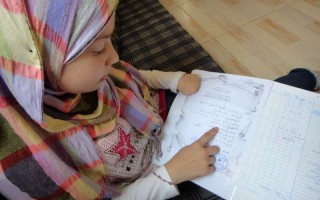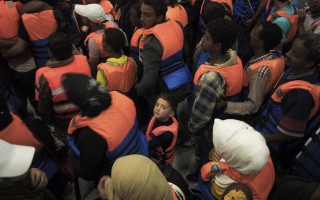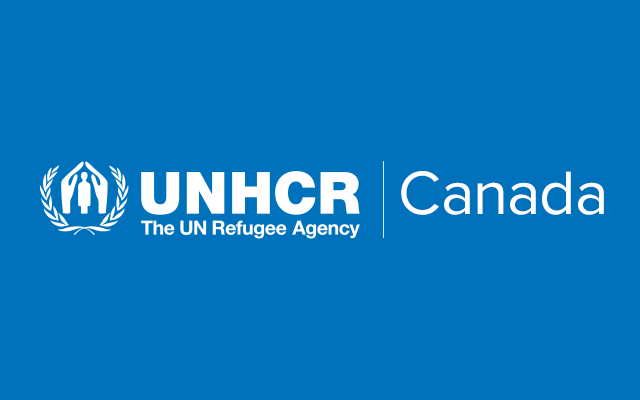More than 705,000 refugees and migrants have arrived in Europe via the Mediterranean Sea this year, including 562,000 in Greece. In many places strict border management procedures are now in place. Refugees are not allowed to cross for a certain time in order to avoid overcrowding and to wait until transit centers have capacity to receive more refugees. This creates backlogs, which can in turn lead to frustration, frayed tempers and more confusion.
It is a miserable wait. As ever, the most vulnerable—young, old, women and disabled—are at most risk.
To address this situation, UNHCR has called for a series of stabilization measures, including strong support to countries hosting the vast majority of Syrian, Iraqi and Afghan refugees; an information campaign about the dangers of the sea journey; and the development of legal pathways to seek protection in Europe.
By: Céline Schmitt





